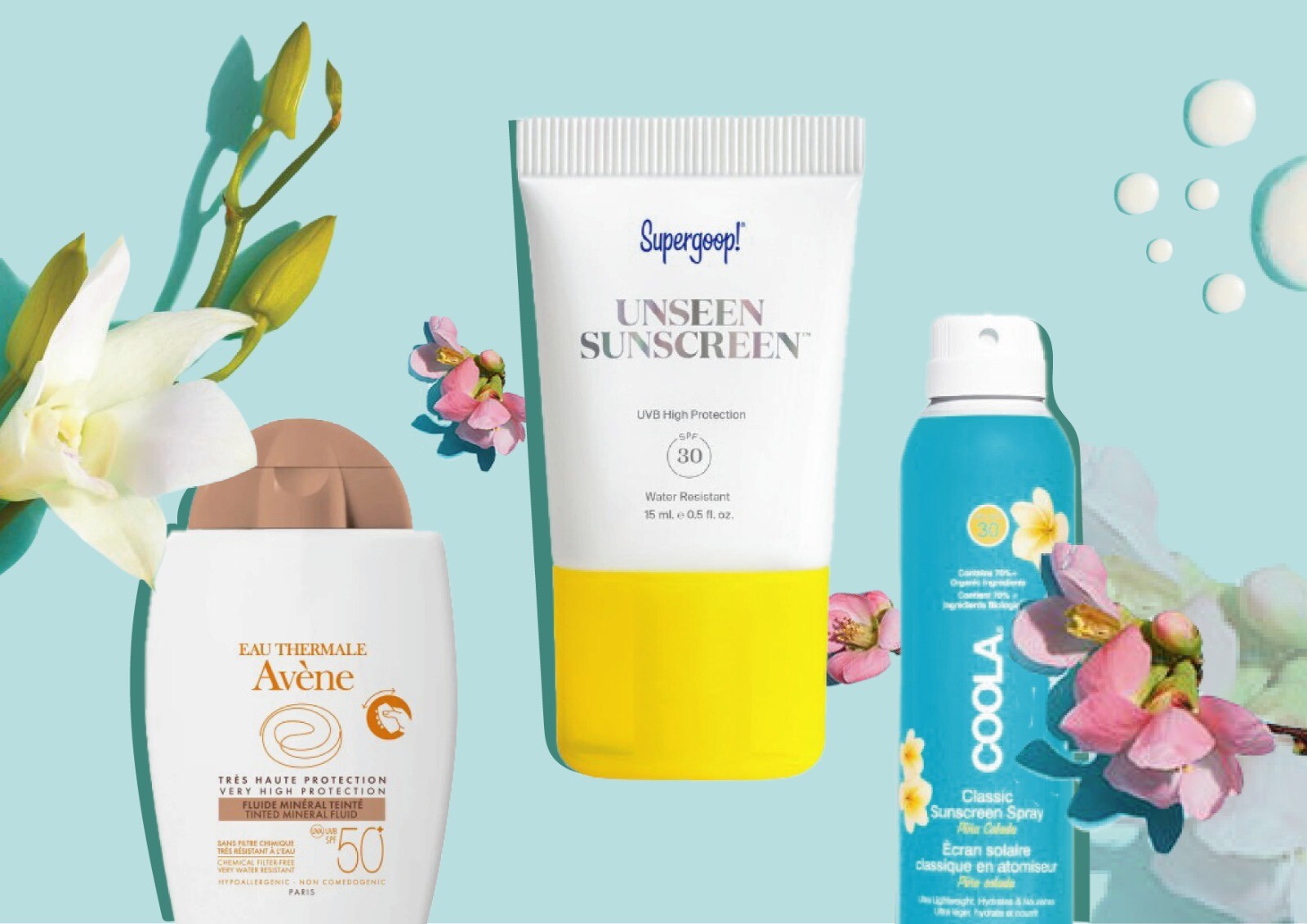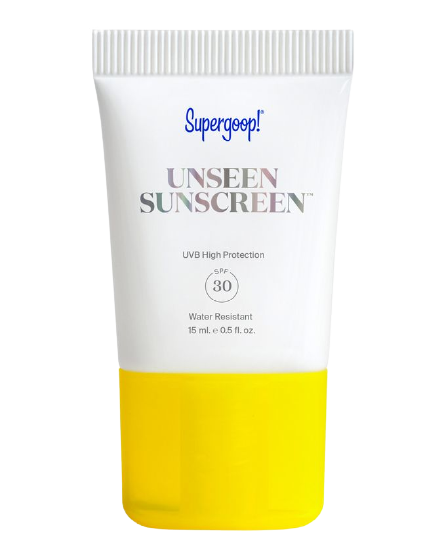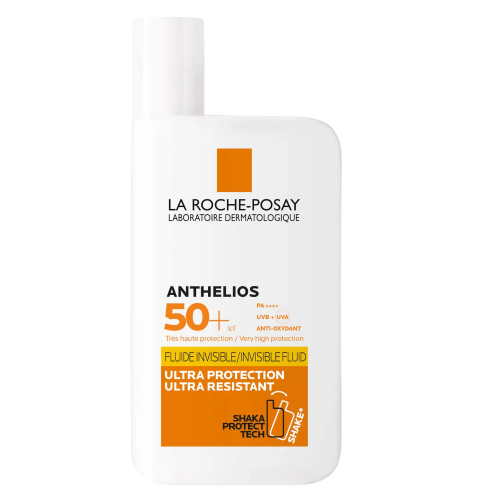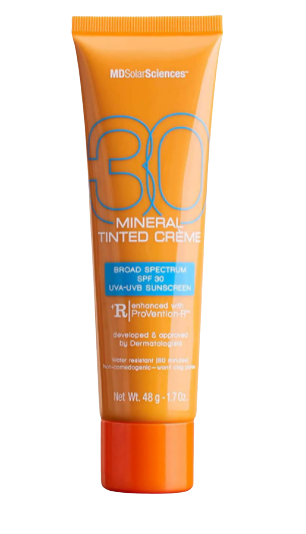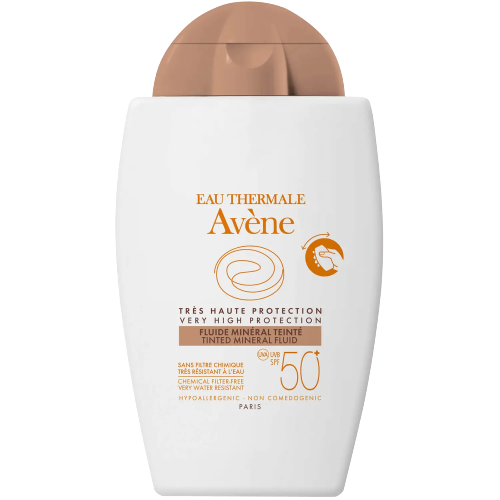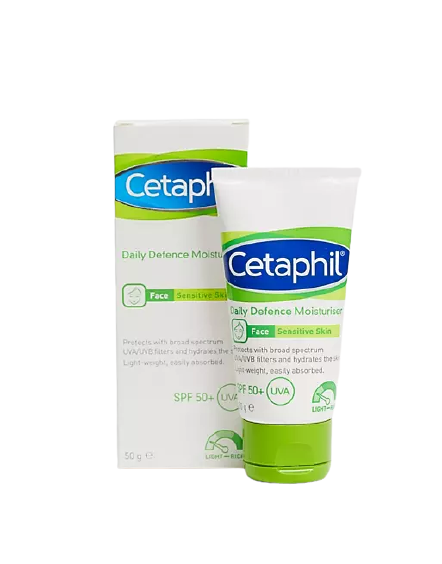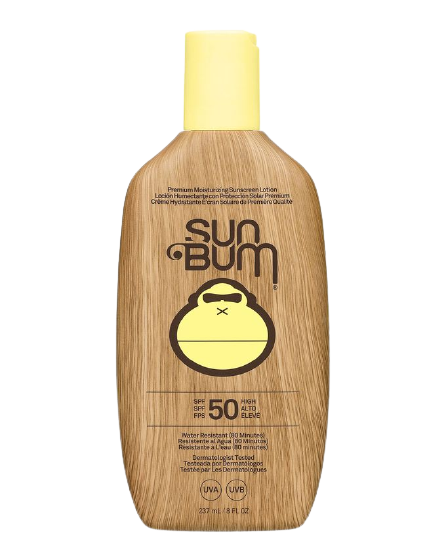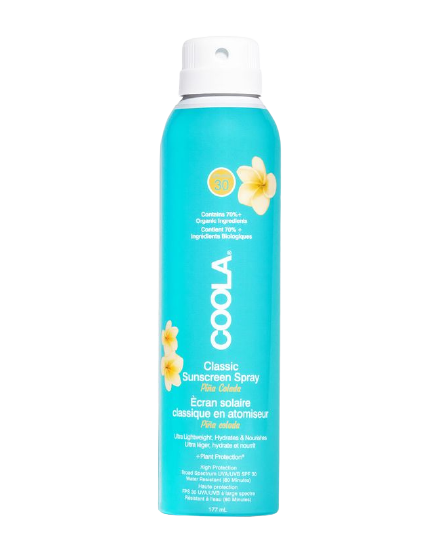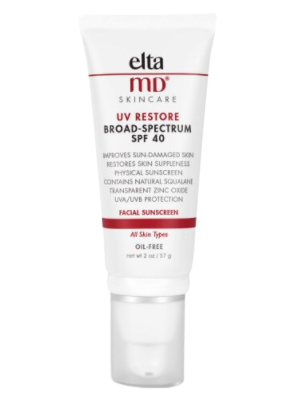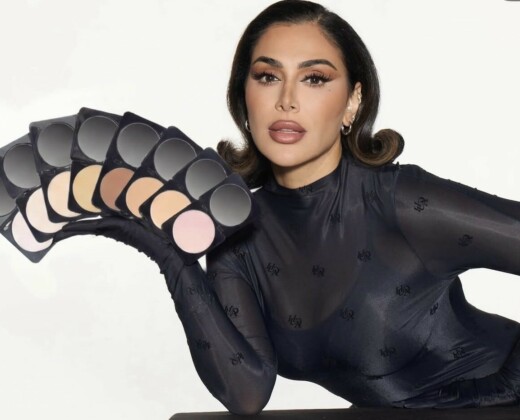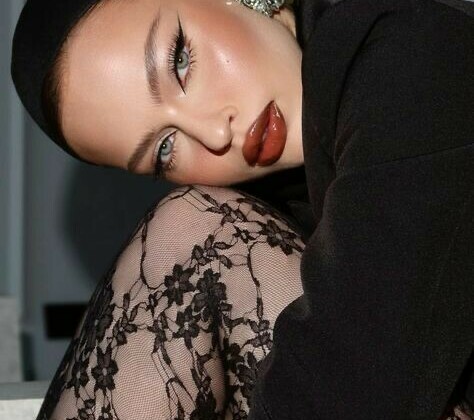We all know that sun proofing your face is important, especially now we’ve finally reached double-digit weather. However, we wanted to ask the questions that not everyone is likely to know the answer too – like do we have to wear sunscreen all year round? What about indoors? What actually is a tan?
To help educate us we’ve recruited the help of Dr Tomassian, a dermatologist from Kansas. Best known for his interesting and informative social media channels, he has rocketed to fame amassing over a million followers on TikTok alone.
We all know that the sun can do all sorts to the skin – but what is a tan?
Getting a tan is your body’s response to UV damage. You can get immediate tanning from UVA(tanning beds) which is just oxidation and redistribution of pigment (melanin) or delayed tanning which is your body’s response to create more pigment producing cells and pigment. Both processes are your body’s attempt to protect itself from further UV damage.
How does SPF actually protect our skin from the sun?
SPF either blocks or converts harmful UV damage (UVA/UVB) from damaging the skin. UVA/UVB exposure leads to mutations within your cells DNA, cell death, and with chronic exposure leads to skin cancer, hyperpigmentation and break down of collagen.
There are a lot of tanning oils with SPF in them, which seems counterintuitive. Do they actually work?
This is really just marketing. Yes, having a low SPF (4-15) will give you some UV protection, however, it is typically not adequate enough and will just convince people that tanning is okay. To be clear tan skin is damaged skin.
What type of SPF should I wear? What are the arguments for ‘physical’ ‘synthetic’ and ‘chemical’ sunscreens?
There is a famous saying in dermatology, “the best sunscreen is the one you will use. “ Just make sure it is broad-spectrum and SPF 30 or greater. Mineral sunscreens contain zinc oxide and titanium dioxide which are chemically inert and reflect UV damage. They tend to take longer to blend in and may have a white cast if not tinted. Chemical sunscreens are absorbed into the skin and convert UV damage to longer less harmful wavelengths. These tend to blend in well and are great for those with facial hair.
Which sunscreen would you recommend to those who break out easily?
I recommend mineral-based sunscreens for those who easily break out or have sensitive skin.
What’s the most common mistake you see women making with sunscreen and what’s your advice to fix it?
Not using enough. Many people think that the SPF in their makeup is enough for the day. Though your makeup has sunscreen, you likely need to use quite a bit of it to get the desired level of SPF. Incorporating a mineral-tinted SPF as your foundation can be a great way to get two uses out of your sunscreen.
In what order should we be applying our SPF in our skincare routine?
SPF should always be the last step of your routine.
How often should we be reapplying sunscreen, and what’s the best way to do this if we are wearing makeup?
Ideally every 2 hours, especially if you are out in the sun all day. However, that is not realistic for many people. I would try to reapply every 3-4 hrs and especially before you know you are going out in the sun. I find that many women like using SPF powders or mist is a convenient way to reapply over makeup.
What SPF products are in your toiletry bag? Any recommendations?
Currently I have been using Mdsolarsciences Mineral Tinted SPF 30 and daily perfecting SPF moisturizer, Supergoop glowscreen and unseen sunscreen, La roche posay ultra light invisible SPF 60, and ELTAMD UV restore. Honestly these are all great products for men and women to try!
What are some common SPF myths you want to be debunked?
“The higher the SPF the better.” – This is not always true, after SPF 30, you are not getting much more benefit from your sunscreen, but can potentially lead to more irritation especially if chemical-based.
“Sunscreen can cause cancer” – This can be further from the truth. There was a recent study showing benzene as a contaminant in several sunscreen products, however, this had nothing to do with the sunscreen ingredients themselves.
“You don’t need SPF if you are inside” – FALSE! If you have any windows in your house you are still getting UV damage. UVA is able to penetrate windows and glass, so make it a habit and wear sunscreen every day.
Now we know about SPF for our skin – but what about our hair? You probably have a go-to sunscreen for hot weather, but most of us don’t think of how damaging the sun can be for our strands. Excessive sun exposure is one of the most damaging factors for the structure of your hair and here Dr Tommalison explains why.
SPF is typically associated with sunscreens for your skin – why does our hair need sun protection?
Just like our skin, our hair can be easily damaged by UV radiation. UV damage leads to loss of hair protein (keratin), decrease hair shaft integrity, and alterations in hair pigment.
How does UV protection products for the hair work?
Just like the sunscreen for skin, sunscreens for the hair can be either mineral or chemical based. The either reflect(mineral) or absorb and convert(chemical) UV damage.
Can women with fine hair use SPF products or will they weigh the hair down? Which type of hair will benefit most from SPF?
Women and men with all hair types can benefit from SPF products. Many of the products on the market are either powders or mists which are lightweight. This is especially important to use if you have fine sparse hair as using some form of SPF protection will also help protect the underlying exposed skin.
Which is your favorite brand and why?
No favourites but I have used Sunbum and Coola, I like both products
Would you recommend using SPF all year round?
The answer is simply YES. A product that decreases my chance for cancer and limits signs of aging…Sign me up!
Dr Tomassian’s top SPF picks:
So now you are armed with the knowledge on how to protect yourself all year round. With hundreds of different formulas on the shelves, it’s so easy to find products that cater for your skin or hair type, and there’s no better time to invest in savvy SPF products to supercharge your skincare routine.
Words And Interview By Rosina Findlay, Graphic By Emily Chapillon


